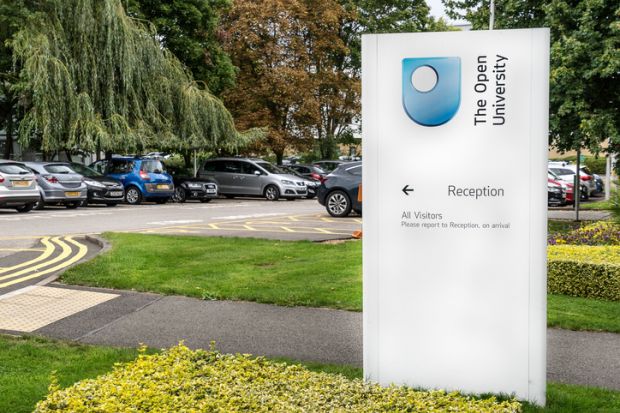The Open University has apologised and promised to conduct a “major independent review” of its internal working environment after a judge ruled that it failed to protect a scholar with gender-critical views.
Speaking after an employment tribunal found Jo Phoenix, a former professor of criminology at the OU, was forced to quit because of the “hostile environment” at the institution, Tim Blackman, the university’s vice-chancellor, admitted the 155-page judgment “made difficult reading for all of us” and “in several areas we fell very short”.
It is understood the university will not be appealing against the tribunal’s ruling.
“We apologise unreservedly to Professor Phoenix for the hurt and distress this has caused,” Professor Blackman said. “This is not The Open University we want to be.”
Professor Phoenix joined the OU in 2013 and faced opposition from colleagues due to her view that people cannot change their biological sex.
The tribunal in Watford heard how the situation worsened considerably when she co-founded the university’s Gender Critical Research Network (GCRN). This became the subject of several open letters and social media statements that called for the OU to remove all support and affiliation.
Professor Phoenix, who also faced death threats, asked the university to intervene but, despite releasing statements that acknowledged “distress on all sides”, the tribunal found the institution did nothing to stop the attacks because it “was fearful of outwardly being seen in any way to support the members of the GCRN…in case it was seen as support for gender-critical beliefs”.
Professor Blackman said the university’s “understanding of academic freedom and freedom of speech at the time meant we did not intervene about the open letter, statements and social media posts that followed the GCRN’s launch”.
“The tribunal ruling makes it clear that we should have acted differently to address the impact of this reaction on Professor Phoenix and the working environment that she experienced. We are sorry that this has been a painful episode for many colleagues,” he said.
Professor Blackman said research and academic debate “are the lifeblood of universities”, but “they are not at odds with inclusion” and the university needed to “find a path that encourages diversity of thought and views in the inclusive environment we all want to see at the OU”.
The vice-chancellor announced the university would initiate what he called a “major independent review of our internal working environment”.
He said it would “include addressing the challenge we and the sector face balancing the complexities of upholding academic freedom, freedom of speech, and equality and employment rights”.
Professor Blackman added that the review “will help us to work together to ensure those with differing views are safe and free to express their opinions within the law” and “to treat each other with civility and respect however profoundly we may disagree”.




